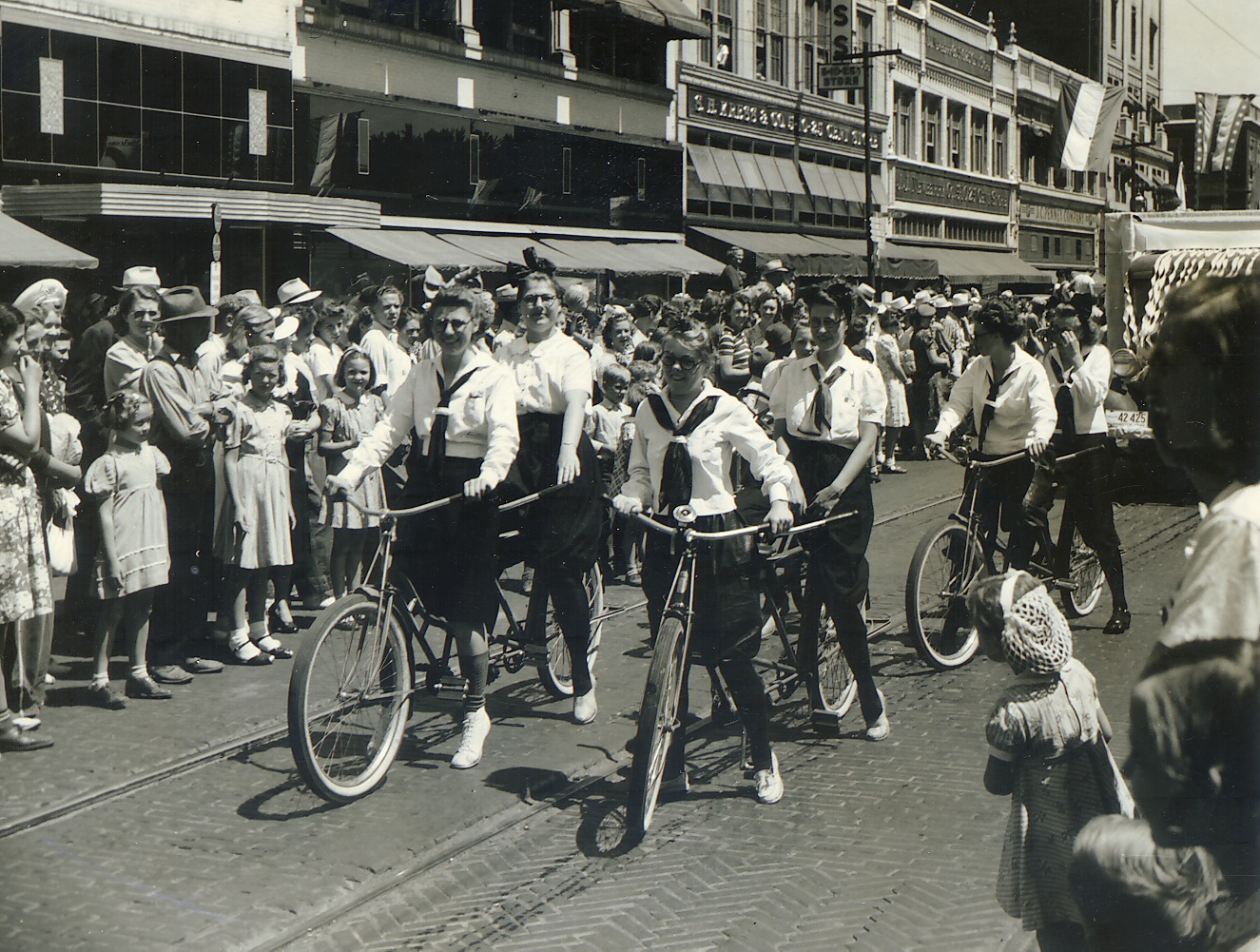By now, you've probably heard that Advanced Sports Enterprises--the company that owns Performance Bicycle, Bike Nashbar and several well-known bicycle brands--has filed for bankruptcy.
According to ASE, it means that some of Performance's brick-and-mortar stores will close, employees will be laid off and Performance's and Nashbar's operations will be scaled bike. The company did not, however, give any indication that any of the bike brands it owns--which include Fuji, Kestrel, Breezer and Tuesday Bicycles--will be discontinued. According to Patrick Cunnane, ASE's CEO, sales of those bikes have been "steady" but overall sales and profits didn't grow enough to sustain their retail operations.
Translation: The company over-expanded.
Company insiders, not surprisingly, laid at least part of the blame for the company's woes at the doorstep of Amazon. It's difficult to discount such an analysis: Most bikes that aren't custom or specialty machines, and most bike-related stuff, can be found on the online omnivendor, usually at a lower price than Performance or Nashbar offered, and almost always with free shipping.
There is, of course, a certain irony in all of this. When Performance, Nashbar and other retailers--which sold through mail-order catalogues and took orders by telephone as well as via the post office--were growing in popularity, mom-and-pop bike shop owners lamented, "They're killing us!" And there can be little doubt that Performance, Nashbar and the like were responsible for the demise of many smaller shops, which simply couldn't compete price-wise because they never could order the same quantities of merchandise as the mail-order megaliths.
I wonder whether any of ASE's or Performance executives heard the cries of brick-and-mortar bike shop owners. If they had, it's hard to imagine why Performance opened any physical shops. Perhaps those execs thought that people had enough "brand loyalty" to Performance that they'd go to one of those shops.
The folks in charge at ASE probably had no idea of how expensive it is to operate a bike shop, which needs more space than most other kinds of retail establishments. From what I read and heard, Performance used to buy whole boatloads of Shimano equipment and store it in huge warehouses which they owned. So, until they opened brick-and-mortar shops, they didn't need a showroom or an area for bike repairs. Also, since they had a worldwide customer base, their merchandise didn't sit for as long as it often does in a smaller bike shop.
They also probably had no idea that, essentially, Amazon could beat them at their own game, which could be spelled in five letters-- p-r-i-c-e--in part because its overhead was even lower than that of Performance or Nashbar.
I'm not a business person. But I know this much: Whatever game you play can be played by someone else. And if that competitor finds a new method, tactic or technology, watch out!
According to ASE, it means that some of Performance's brick-and-mortar stores will close, employees will be laid off and Performance's and Nashbar's operations will be scaled bike. The company did not, however, give any indication that any of the bike brands it owns--which include Fuji, Kestrel, Breezer and Tuesday Bicycles--will be discontinued. According to Patrick Cunnane, ASE's CEO, sales of those bikes have been "steady" but overall sales and profits didn't grow enough to sustain their retail operations.
Translation: The company over-expanded.
Company insiders, not surprisingly, laid at least part of the blame for the company's woes at the doorstep of Amazon. It's difficult to discount such an analysis: Most bikes that aren't custom or specialty machines, and most bike-related stuff, can be found on the online omnivendor, usually at a lower price than Performance or Nashbar offered, and almost always with free shipping.
There is, of course, a certain irony in all of this. When Performance, Nashbar and other retailers--which sold through mail-order catalogues and took orders by telephone as well as via the post office--were growing in popularity, mom-and-pop bike shop owners lamented, "They're killing us!" And there can be little doubt that Performance, Nashbar and the like were responsible for the demise of many smaller shops, which simply couldn't compete price-wise because they never could order the same quantities of merchandise as the mail-order megaliths.
I wonder whether any of ASE's or Performance executives heard the cries of brick-and-mortar bike shop owners. If they had, it's hard to imagine why Performance opened any physical shops. Perhaps those execs thought that people had enough "brand loyalty" to Performance that they'd go to one of those shops.
The folks in charge at ASE probably had no idea of how expensive it is to operate a bike shop, which needs more space than most other kinds of retail establishments. From what I read and heard, Performance used to buy whole boatloads of Shimano equipment and store it in huge warehouses which they owned. So, until they opened brick-and-mortar shops, they didn't need a showroom or an area for bike repairs. Also, since they had a worldwide customer base, their merchandise didn't sit for as long as it often does in a smaller bike shop.
They also probably had no idea that, essentially, Amazon could beat them at their own game, which could be spelled in five letters-- p-r-i-c-e--in part because its overhead was even lower than that of Performance or Nashbar.
I'm not a business person. But I know this much: Whatever game you play can be played by someone else. And if that competitor finds a new method, tactic or technology, watch out!












